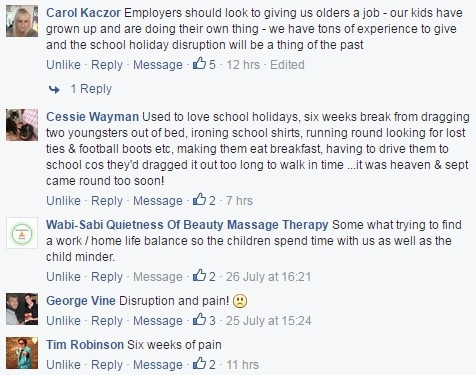Interesting, I think few people would disagree travel security is an important issue in the current world we live in.
But who would be the target market, consumers/tourists or just the travel companies or both?
FCO advice has to be the first port of call because it is official, but concede it was always be very high level and general, like don't travel!
But how would you be able to offer more detailed and specific information that the FCO for more than a handful of destinations? Or are you talking about skills and tips which are generic for all destinations, like don't wave around your Jimmy Choo handbag in a rough area ![]()
I think you might be onto something that tour operators would be worried about getting sued for giving bad or wrong advice. It's a lot easier to delegate to the FCO.
Maybe it could be something that is bolted onto Trip Advisor or Expedia, where you get given a security assessment after choosing your destination and accommodation. You and your growing army of consultants get paid a fee for every assessment.
Or maybe a Security Review site for the world? Dumb it right down for the greater masses.
Syria 1 star
Egypt 1 star
Morocco 2 stars
England 5 stars etc
Then a more information tab on each country giving the latest information. Build it up, sell live data feeds to the travel companies and later the FCO ![]() Fancy a web partner
Fancy a web partner ![]()


